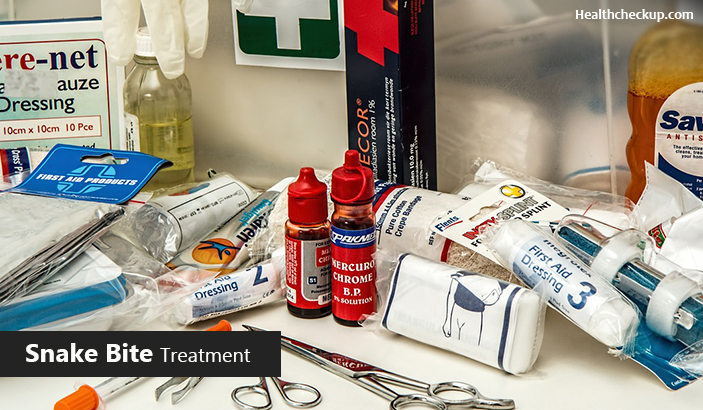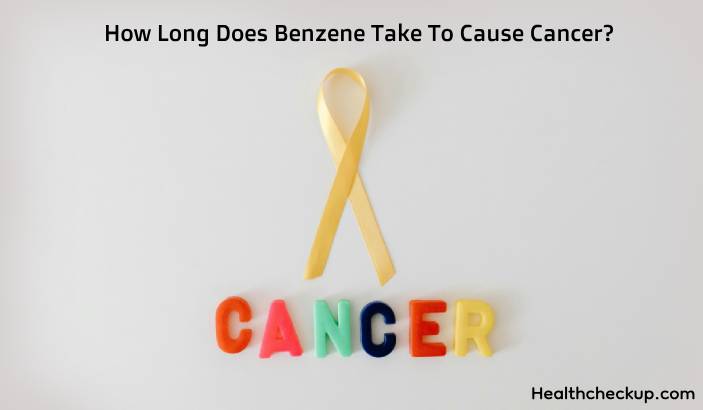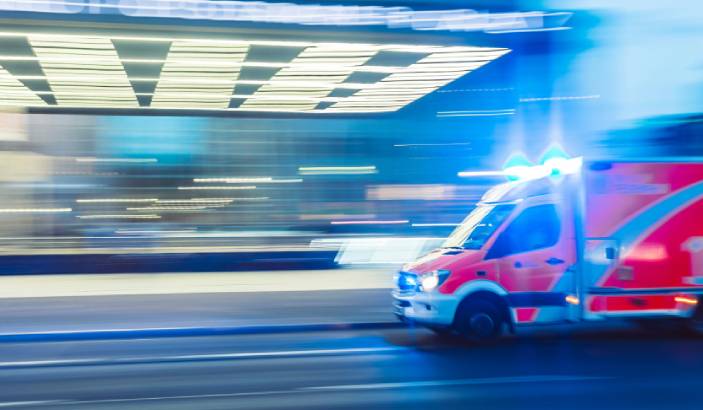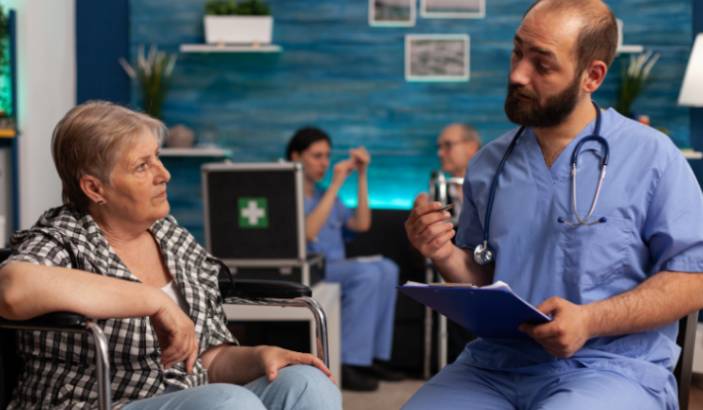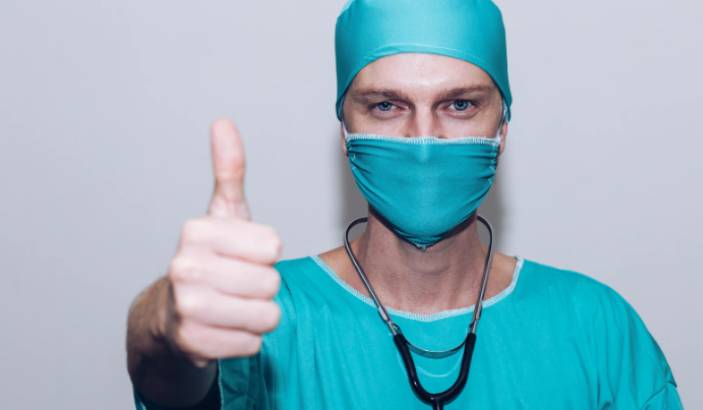Snake bites treatment should be handled immediately and with great care. Prompt treatment may help promote recovery by minimizing symptoms. Since it is very difficult to distinguish if the bite is from a poisonous snake or not, immediate first aid should always be applied to all snake bites. However, to be extra safe, ensure that you treat the bite as a venomous bite.
In the United States, approximately 7,000 venomous snake bites conditions are reported every year. Even though many snakes are not harmful, a bite from a poisonous snake can be deadly and that’s why medical emergency should always be adhered to. Also, bites from a harmless snake can cause serious symptoms like allergic reactions or infections.
Some of The Common Poisonous Snakes in the U.S Include:
- Coral
- Copperhead
- Cottonmouth
- Rattlesnake
Bites, where no venom is released, are usually painful and often cause swelling and redness. If the bite is from a poisonous snake, the symptoms may vary depending on the type of the snake. They include:
- Fainting
- Nausea and Vomiting
- Diarrhea
- Rapid Pulse
- Weakness and Dizziness
- Convulsions
- Confusion and Anxiousness
- Burning Sensation
- Bleeding
In cases of severe snake bites, the symptoms include paralysis and coma.
First Aid Treatment for Snake Bites
Below is a guideline of snake bite treatment protocols
First Aid Treatment for Dry/Mild Bites
In case you are sure that the snake bite is not poisonous, you follow the steps below to treat the wound
- Using a clean gauze or cloth apply pressure on the wound until bleeding stops
- Use soap and water to clean the area
- To ward off the infection, apply an antibiotic cream
- Cover the area with a sterile gauze or bandage to protect it as it heals
However, if the symptoms persist, get emergency treated immediately.
First Aid for Poisonous Snake Bite Protocol Includes
- Get immediate medical help- in the U.S, you can call the National Poison Control Centre on (800-222-1222) for emergency treatment.
- Make them calm, let them lie down quietly and remain still. Movements cause the venom to spread in the body quickly.
- Remove any tight clothing or jewelry around the wound since swelling can occur
- Treat them for a shock if they develop symptoms like dizziness, increased heart rate, weakness, and shortness of breath. You can also make them warm
- If possible, take a picture or a description of the snake that bite them. It can be used by a medical professional to identify the appropriate medical treatment.
DO NOT However Do the Following
- Try to capture the snake
- Wash the wound- Traces of venom can be used to identify the snake for treatment
- Cold press the wound
- Suck or cut the wound
- Give the person any food or drink
- Give any pain medications.
Some of The Factors that can Influence The Seriousness of the Snake Bite Include;
- Age, health, size, and the psychological state of the person
- The nature of the bite- may include how much venom was injected and location of the bite among other factors
- The health of the snake
Also, First Aid Response for Swallowed Poison Includes;
- Get medical care immediately
- In case the person is conscious, ask what they swallowed and the amount. This can help the medical professionals for treatment. If not look for clues of what they might have used.
- Keep checking their pulse and response
- If they are unresponsive, check their airway and breathing
- Do not try to make them vomit unless they naturally do it
It’s always important to be ready for emergency cases like snake bites especially if there are snakes in your locality. Keeping a well-supplied snake bite first aid kit can help deal with such cases as you wait for the help to come. Always make sure that all the supplies in the kit are intact.
Snake bites should not be assumed at all. Always treat them carefully as little messes may result in severe symptoms.
Medically Reviewed By

Catherine is a dedicated freelance health and science writer committed to excellence and professionalism. She specializes in health topics including diet and nutrition, immune-related diseases, surgery, and cancer.


